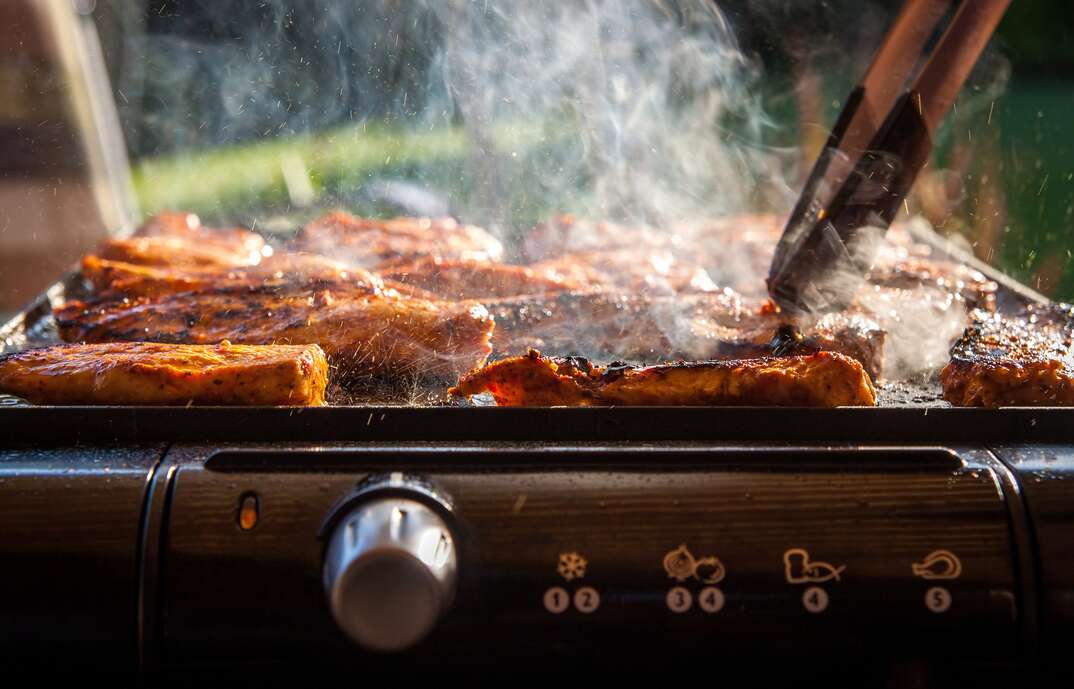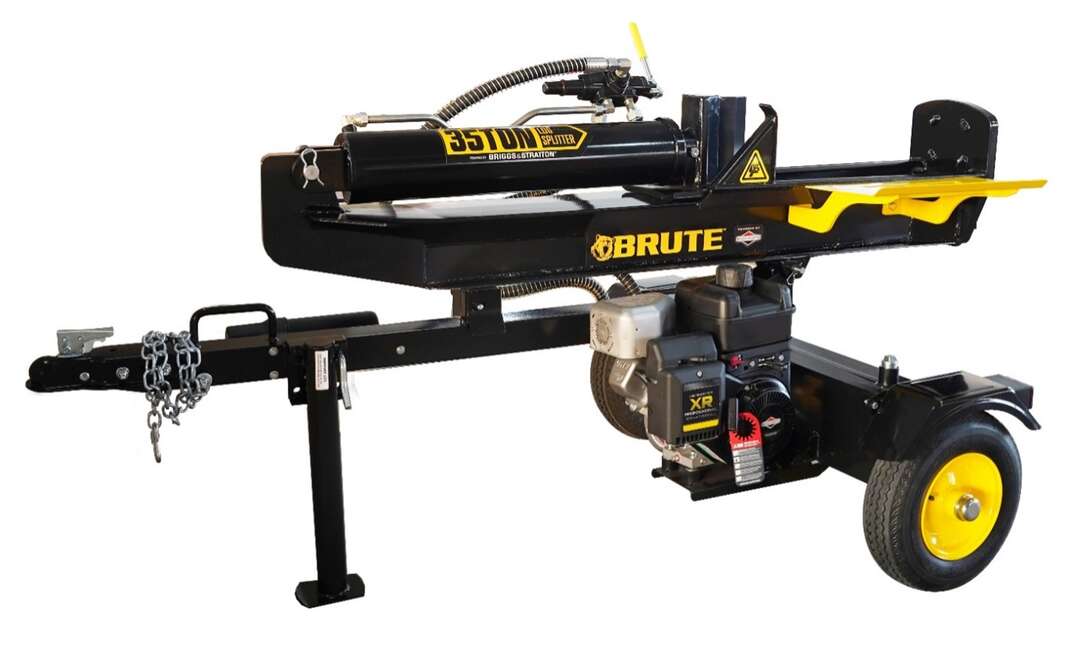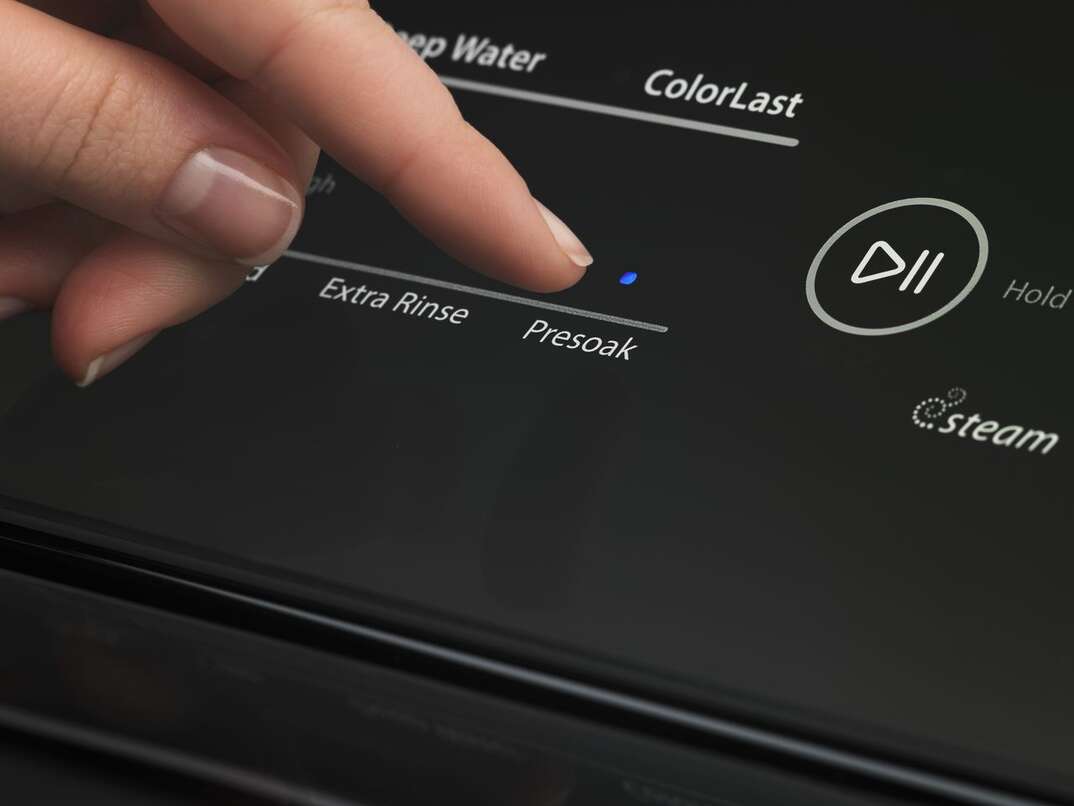Pros and Cons of Electric Outdoor Grills

When the temperatures rise, many of us are itching to get out into the garden and fire up the barbecue. Although nothing beats the flavor of meat cooked on a charcoal grill, it's not the most practical solution for many people. Charcoal grills require you to purchase and store combustible fuel, which could pose a fire risk. They're also relatively heavy, making them an inconvenient option if you want to take your grill to a friend's house or on vacation.
This May Also Interest You: Guard Your Grill: Keep Charcoal, Gas Grills Working by Keeping ‘Em Clean
Electric grills are an affordable, portable alternative to a regular charcoal barbecue, but they also have some disadvantages. Here's what you should know about electric outdoor grills to help you decide if it's worth investing in one.
How Do Electric Barbecue Grills Work and How Do You Use One?
Electric barbecue grills use electricity as fuel to heat a heating element. This element usually sits below a ridged metal cooking surface. Most electric grills have a slightly angled cooking surface to allow liquid fat to run along the ridges and into a drip tray to stop the grill from spitting excessively. Some also have a food preparation area to the side to allow you to place food ready to cook if you're doing it in batches.
Electric grills have a thermostat that allows you to alter the cooking temperature pretty precisely. More basic models may only have a low, medium and high setting, but many premium brands let you set the temperature to an exact degree.
To use an electric grill, simply plug it into an electrical outlet indoors or outside and set the temperature. Wait for the grill to reach cooking temperature, which should take around 10 minutes. Then, you can then grill your food just like you would on a gas or charcoal grill.
How Does an Electric Grill Compare to a Gas Grill?
The primary difference between electric outdoor grills and gas grills is the type of fuel used. Generally, it's cheaper to fuel an electric grill than to purchase propane for a gas model. Electric grills also tend to be cheaper than gas grills. Although affordable gas grills are available, you'll need to pay more for a large or high-quality model.
One area where electric grills have the edge over gas grills is that you can use them anywhere with an electricity outlet, including indoors. Gas grills are unsuitable for indoor use because they require more space to operate safely and pose a fire and carbon monoxide risk in the house.
Gas grills also produce a flavor closer to a charcoal grill, but you won't get the same authentic char-grilled taste. Electric grills don't fare so well if you want your meat to taste as close to charcoal-grilled meat as possible.
More Related Articles:
- Post-Lockdown Parties: Outfit Your Outdoor Space for All-Weather Entertainment
- Hot Tips! 5 Backyard Fire Safety Suggestions
- How Much Dough Will It Cost to Install an Outdoor Brick Pizza Oven?
- Add Some Pizzazz to Your Outdoor Space: How to Build a Brick Pizza Oven
- How Much Does a Patio Heater Cost to Rent or Buy?
What Are Some Pros and Cons of Electric Outdoor Grills?
Electric outdoor grills are an efficient and convenient way of cooking alfresco, but they also have drawbacks. Understanding the pros and cons of electric grills can help you decide if they're the right option for you.
Pros
- No need to purchase or store combustible fuel
- Suitable for indoor and outdoor use
- Relatively cheap to buy, run and maintain
- Light and easy to move and transport
- Don't get as dirty as gas or charcoal grills, making them simple to clean
- More straightforward temperature control than gas and electric grills
Cons
- Require an electricity supply, so unsuitable for use in a power outage or areas with no electricity connection such as at the beach
- Relatively small cooking surfaces, which means you may have to cook large amounts of food in batches
- Less durable than most gas and electric models
- May struggle to maintain higher cooking temperatures in cold weather
- Don't provide the same flavor as a gas or charcoal grill
Can Electric Grills Be Left Outside?
Ideally, you shouldn't leave your electric grill outside if there's any chance of rain. If your grill gets wet, you risk damaging the internal components or electrocution when you plug it in and turn it on. It's particularly important to keep the plug and extension cord dry, and you should also avoid touching your grill with wet tools or hands.
Some electric grills, especially more expensive ones, are designed to withstand rainwater. However, there's still a small risk that some water could leak inside, so it's best to store your grill somewhere weatherproof when you're not using it. If you forget and leave your grill outside, make sure it's completely dry before using it.
If you want to use your electric grill outdoors in rainy weather, a possible solution is to purchase a gazebo specially made for grilling. Some models are treated with fire retardants and feature additional ventilation to allow you to grill safely. It's essential to check that any covering you use keeps rain away from the cord and any extension cable you're using to power the grill.


